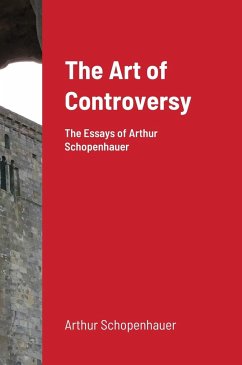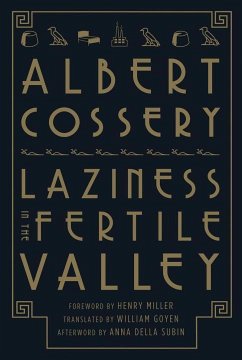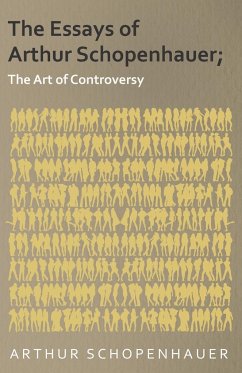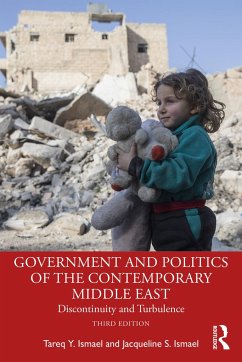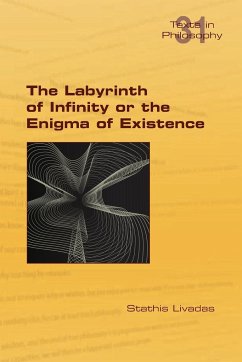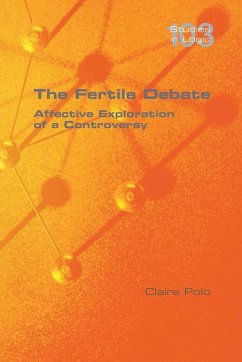
The Fertile Debate. Affective Exploration of a Controversy
Versandkostenfrei!
Versandfertig in 1-2 Wochen
19,99 €
inkl. MwSt.

PAYBACK Punkte
10 °P sammeln!
Fertile rather than sterile, what makes constructive debate possible? How to reason together at tackling such a vital issue as drinking water management? Claire Polo here presents textbook case diving into the argumentative mechanisms of discussions among teenagers from Mexican, US and French schools. Challenges are huge on this socio-scientific global problem, and no preexisting correct answer is to be found. Through a deep linguistic approach, this study reveals how associating knowledge with other cognitive resources is necessary to explore a controversy, recognizing the importance of value...
Fertile rather than sterile, what makes constructive debate possible? How to reason together at tackling such a vital issue as drinking water management? Claire Polo here presents textbook case diving into the argumentative mechanisms of discussions among teenagers from Mexican, US and French schools. Challenges are huge on this socio-scientific global problem, and no preexisting correct answer is to be found. Through a deep linguistic approach, this study reveals how associating knowledge with other cognitive resources is necessary to explore a controversy, recognizing the importance of values and emotions. Beyond the student, the person; beyond a task, a group: whenever identity and relational dynamics are favorable, collective reasoning may occur, producing cognitive advancement for each participant. Anyone searching how to better apprehend a complex issue or to share and imagine alternatives through social interaction might draw lessons from this research. Paying attention to the construction of young people's speech and opinions, this book offers great food for thought about learning and teaching nothing less than democracy. Claire Polo is a permanent teacher and researcher at the Institute of Educational Sciences and Practices (ISPEF) at Lyon 2 University, in France. At the crossroads of the linguistic sciences and the learning sciences, she develops research on argumentation and the socioaffective dimensions of educational interactions.





